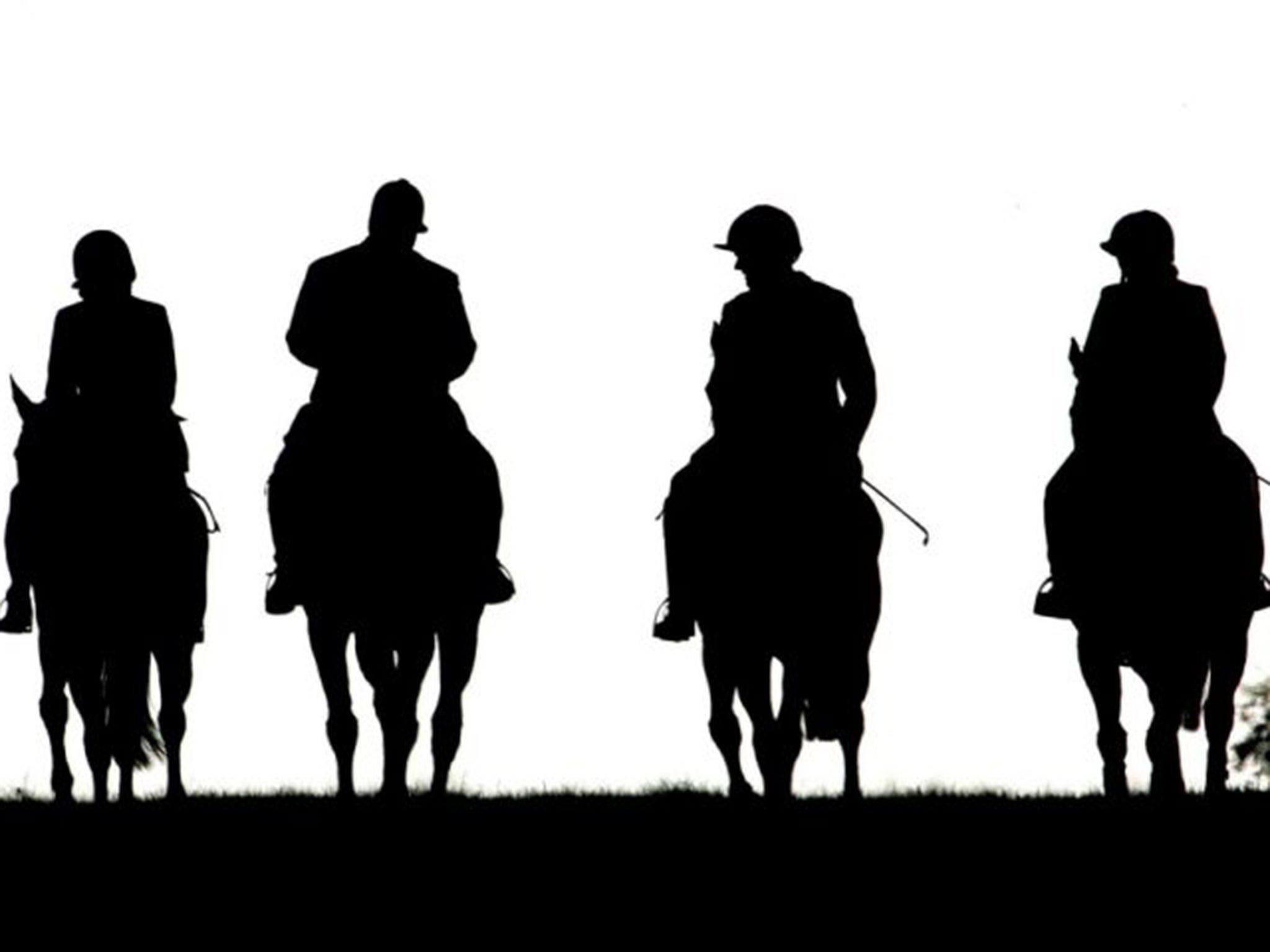Fox hunting: David Cameron's desire to reverse ban 'doomed in face of Tory opposition'
Around 70 Conservative MPs have indicated that they will vote against an attempt to repeal the Hunting Act

David Cameron’s desire to overturn the fox hunting ban is doomed due to a record number of Conservative MPs who would reject such a move.
Home Office minister James Brokenshire, and Caroline Dinenage, equalities minister, are among those who would rebel against any attempt to repeal the Hunting Act. They are joined by the likes of Robert Halfon, deputy chairman of the Conservative Party, and Grant Shapps, the party’s former co-chairman.
Around 70 Conservative MPs have indicated that they will vote against a repeal of the hunting ban, which means that any attempted vote would fail, according to a new analysis by the League Against Cruel Sports (Lacs). In contrast, just six Conservative MPs supported the Hunting Act when it was brought in 11 years ago.
And a new survey by Ipsos MORI reveals that a record 83 per cent of Britons are against legalising fox hunting, up from 72 per cent in 2008.
The mounting opposition to any attempt to scrap the Hunting Act “reflects that as a nation the vast majority of us are repulsed at the thought of killing animals for sport,” said Tom Quinn, Lacs campaigns director.
“Crucially, over eight out of ten rural residents are opposed to the legalisation of fox hunting, a dramatic increase in just the last three years. This destroys the hunts’ argument that it’s just ‘urbanites’ or ‘animal rights’ people who oppose hunting because they don’t understand it.”

He dismissed today’s Boxing Day hunts, which will be attended by around 250,000 people, as representing “a tradition that no-one but a small minority wants, needs or cares about any more.”
A decade on from the ban on fox hunting coming into force, the issue remains controversial. A row erupted between sports minister Tracey Crouch, one of those who opposes any change to the law, and Tim Bonner, chief executive of the Countryside Alliance, earlier this week. The Conservative MP accused Mr Bonner of “trolling” after he sent several tweets about her decision to accept a £5,000 donation from Queen guitarist and animal rights campaigner Brian May. In one tweet, sent on Tuesday, Mr Bonner described May as being her “sugar daddy.” Ms Crouch commented: “I think his behaviour is most unbecoming of the chief executive of an organisation I agree with a lot on, except foxhunting.”
And in a statement, she described the tradition as “a pursuit from the past and like the overwhelming majority of the population I believe that is where it should stay, consigned to history.” But Mr Bonner countered: “In our experience, support for hunting and for repeal of the hunting act are just as strong this Boxing Day, if not stronger than ever.”
Hunting with dogs was banned in England and Wales by the Labour government in 2004. The Conservative Party's 2015 general election manifesto pledged to “give Parliament the opportunity to repeal the Hunting Act on a free vote, with a government bill in government time.”
However, Sir Roger Gale MP, patron of Conservatives Against Fox Hunting, said: “Fox hunting has had its day.” He added: “The recent increase in numbers of Conservative MPs who have now come out publicly against the repeal of the Hunting Act means that any attempt to repeal the Act at this stage is doomed to failure.”
The Hunting Ban does not apply to Scotland, which has a Protection of Wild Mammals Act which was passed in 2002. But Harry Huyton, director of Scottish animal welfare charity OneKind, said: “Fox-hunting is supposedly banned in Scotland yet if you were to attend any meet in Scotland today it would be perfectly clear that little has changed since the law came into force in 2002.” He added: “The law which was intended to end this barbaric practice has sadly failed due to a number of loopholes which have rendered it totally ineffective.”
Join our commenting forum
Join thought-provoking conversations, follow other Independent readers and see their replies
Comments